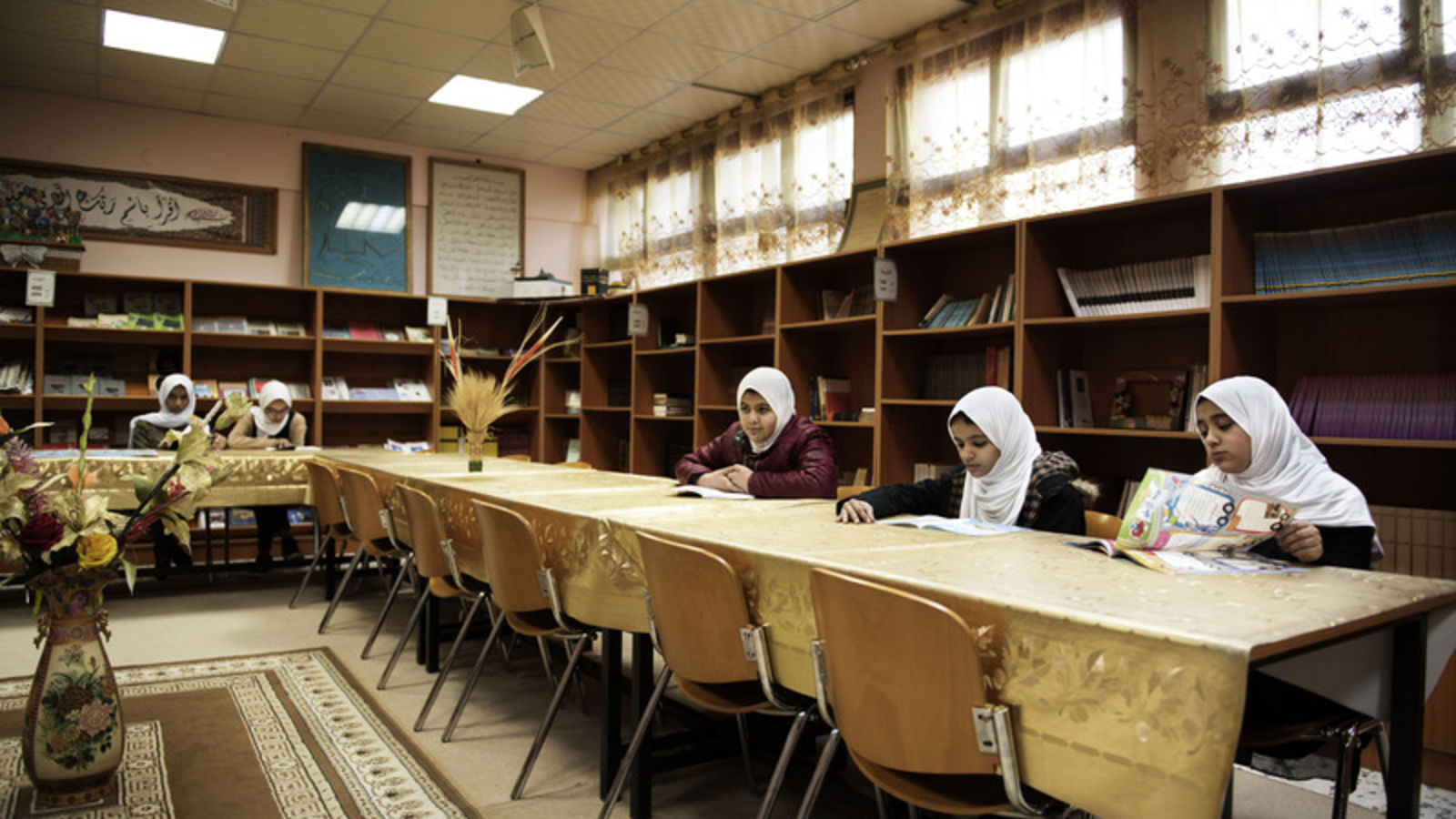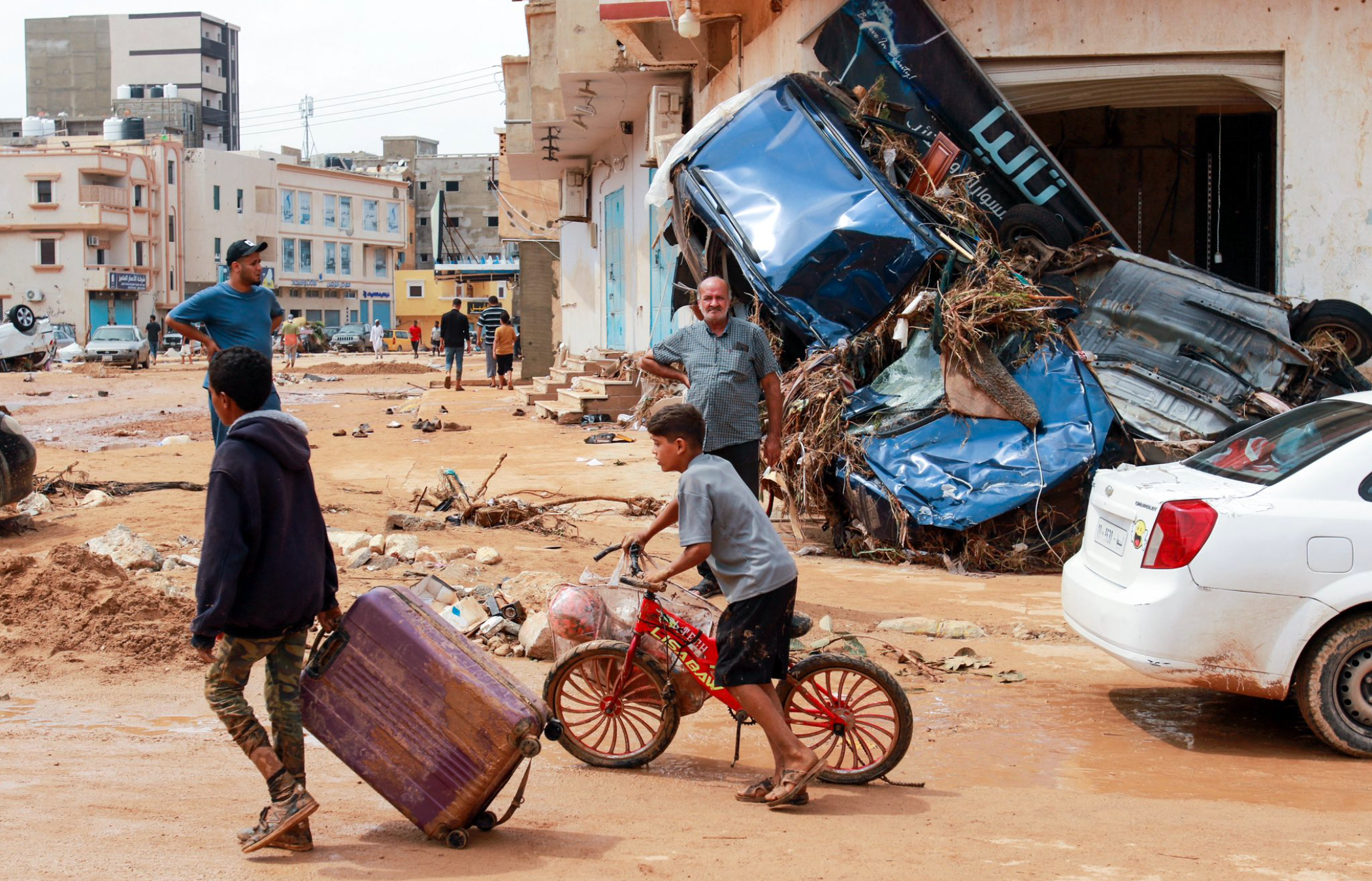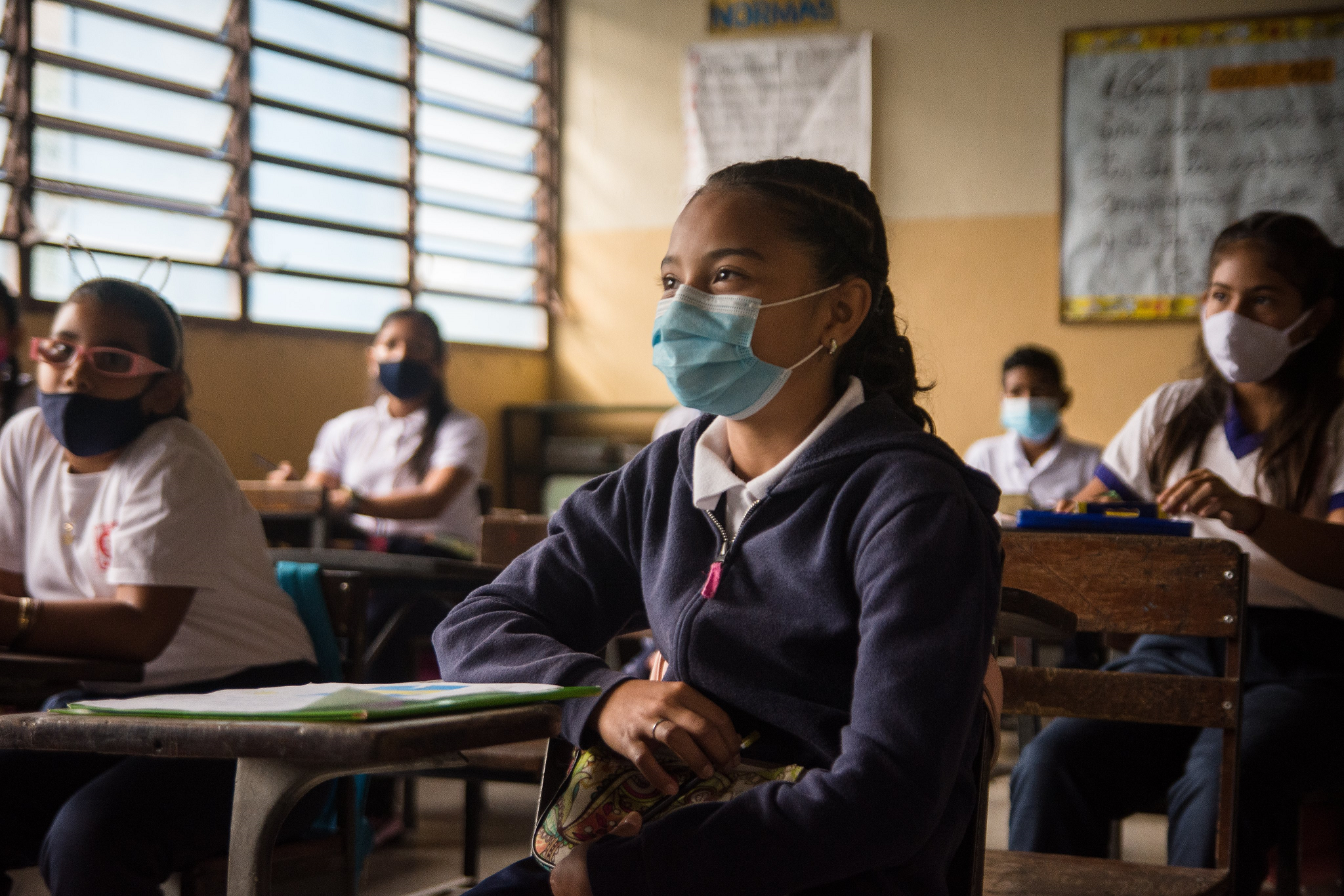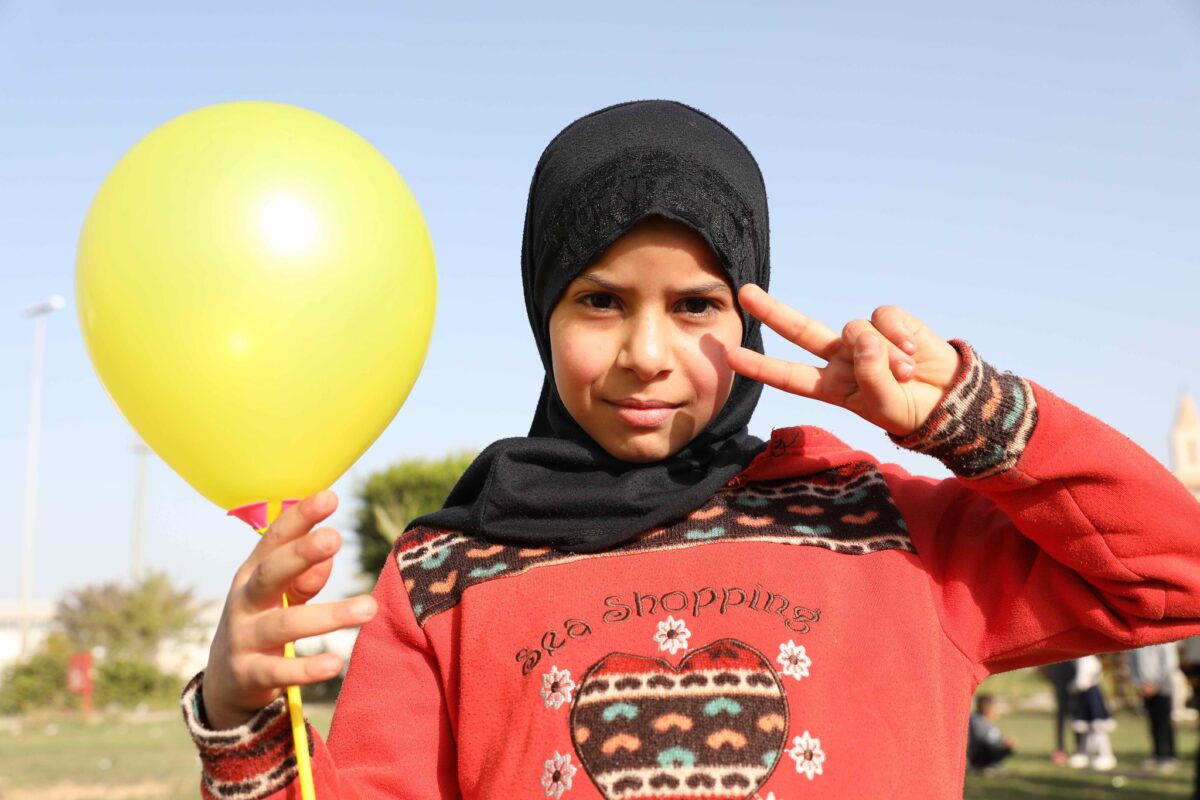ECW in Libya
A decade of instability in Libya has led to violence, forced displacement, poverty and insecurity, restricting access to basic goods and essential services, including education. Hundreds of thousands of people urgently need humanitarian assistance. Many children and adolescents are out of the classroom, and internally displaced children face barriers to returning to school. Education Cannot Wait (ECW) supports partners to strengthen the educational environment and supports girls and boys in Libya. While results from ECW’s 2020-2021 COVID-19 response in Libya are available, the activities of the Multi-Year Resilience Programme (MYRP) began in 2022 and results will become available after one year of implementation. In response to the catastrophic 2023 floods, ECW and strategic partners also recently launched a First Emergency Response (FER) in the country; results will become available in the coming year.
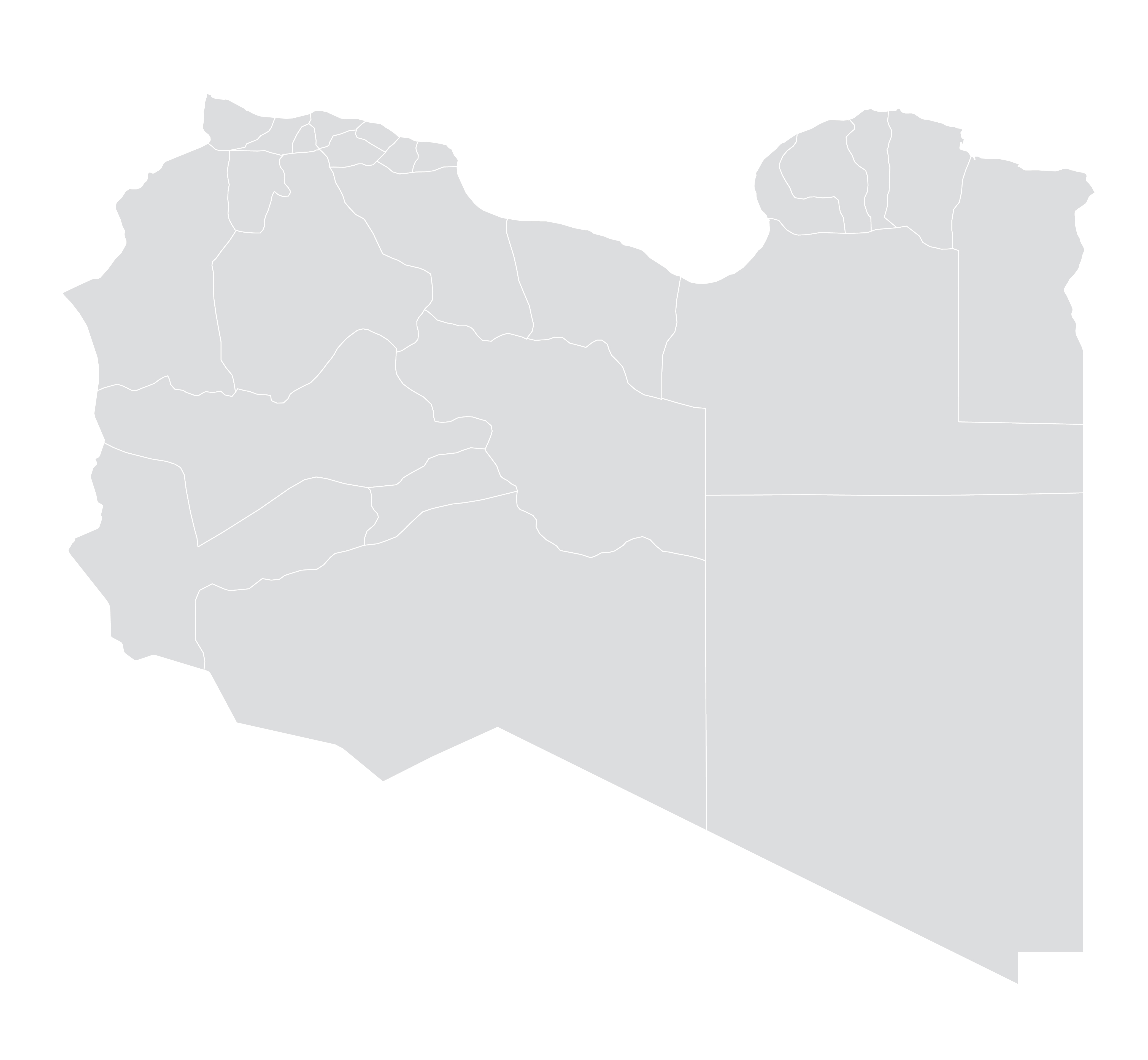
Investments
Financial Information
National Counterparts
Ministry of Education
Results
Additional Results
- Number of teachers/ administrators trained in subject knowledge, curriculum or pedagogy topics: 723
- Children benefiting from protection/safety materials (including water, sanitation and hygiene materials): 28,000
- Number of children and adolescents supported with school feeding programmes: 2,975
COVID-19 Results
Programme Info
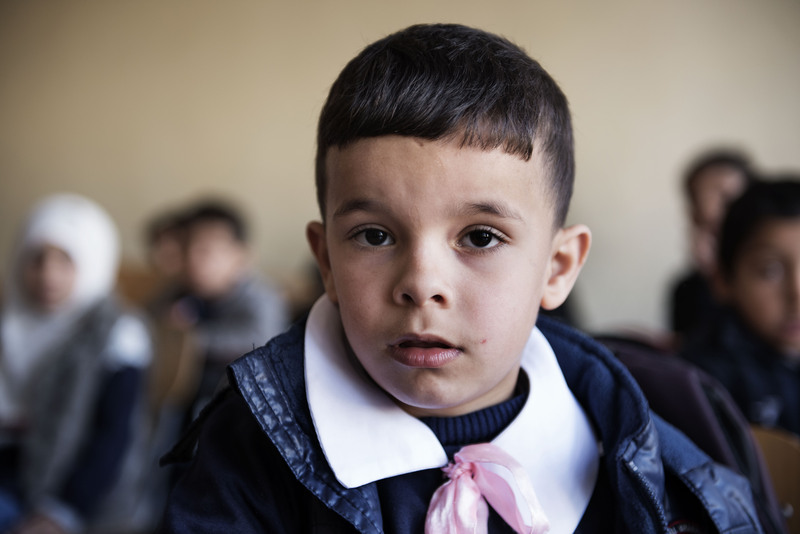
Many children and adolescents have been forcibly displaced, lack access to basic goods and services, and require humanitarian assistance. A high percentage of students have dropped out of school and face barriers to returning to the classroom, keeping many of them from ever completing their education.
Additionally, the ongoing conflict has made schools unsafe and unusable. Hundreds of schools have been targeted by armed forces and destroyed. Others have been repurposed as shelters for displaced families. Students must travel to other communities to learn, often in unsafe travel conditions, which strains available resources and the quality of learning environments.
In response, in 2020, ECW launched a COVID-19 First Emergency Response (FER), which was completed in 2021. Building on this investment, ECW rolled out a Multi-Year Resilience Programme (MYRP) in 2022 to provide educational continuity for Libyan girls and boys and support a holistic educational environment.
In 2023, in response to the catastrophic floods – which took thousands of lives, severely damaged at least 280 schools and directly impacted over 880,000 people – ECW and partners launched a FER in the country. The torrential rains from Storm Daniel caused two dams to collapse and resulted in devastating flash flooding across Northeastern Libya. Early analysis indicates this climate-induced catastrophe is further compounding Libya’s complex crisis and will have impacts across all sectors of Libyan society. The FER has a strong focus on establishing temporary learning spaces, rehabilitating damaged schools, and supporting protection, mental health and the well-being of girls and boys whose lives have been ripped apart by the devastating floods.
ECW supports partners in Libya to create improved learning environments to include all students, offering a wide array of mental health and psychosocial support (MHPSS) services; training for educators to increase their capacity and improve access to education through finances; non-formal educational programmes, remedial classes; and accelerated learning programmes. The programme also works to engage communities to create safer school environments and provide support to help children and adolescents find success and stability.
Programme Components
- Creating inclusive learning environments. Grantees rehabilitate damaged schools to create inclusive learning spaces for pre-primary through secondary schools. The programme supports improved water, sanitation and hygiene (WASH) facilities and provides training for educators to increase awareness on the importance of personal hygiene and COVID-19 precautions.
- Engaging communities. Supports the creation of parent teacher associations, with the purpose of increasing community ownership of schools. Parents and teachers are trained on how to manage these associations. The parent teacher associations launch community awareness campaigns and identify areas of improvement.
- Improving access to education. Grantees provide cash transfers, scholarships and mentorships to the most vulnerable children to address financial concerns and support continued education. Accelerated learning programmes, remedial lessons, vocational training and other non-formal education opportunities support the transition back to school for children and adolescents who have been out of the classroom for extended periods of time.
- Providing holistic support for children and adolescents. Life skills clubs are supported through schools, helping children and adolescents through mentoring programmes. The clubs provide tools to support positive decision-making skills, support healthy relationships, build confidence and develop leadership skills.
- Providing mental health and psychosocial support. ECW-funded schools have on-site, trained counsellors, social workers and psychologists to address students' needs in crisis contexts. Teachers receive training to provide psychological first aid; incorporate psychosocial activities in the classroom; and properly refer students who need additional support. Recreational activities through community centres support children and adolescents who are outside of the formal educational system.
- Strengthening educator capacity. Teachers are trained to improve the quality of lesson plans and create inclusive environments for all students, particularly for girls and children with disabilities. Educators also receive training to improve pre-primary education services.
For more information on ECW's work in Libya, please contact Country Lead Maarten Barends (mbarends@unicef.org) and Programme Manager Vina Barahman (vbarahman@un-ecw.org).

